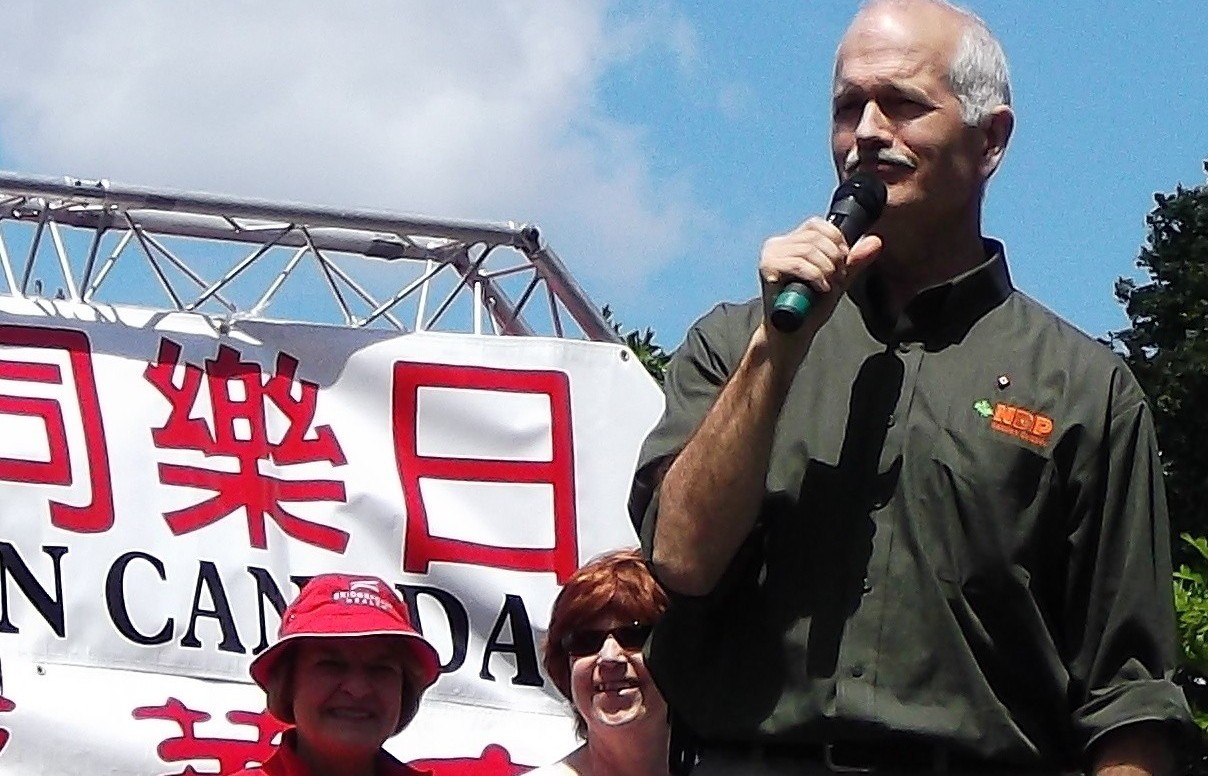Print Edition: May 13, 2011
By Sarah Kingston (Contributor) – Email

The 41st Canadian general election will go down in history as a day of change for Canadian politics. Each of the five main parties – Conservative, Liberal, New Democrat, Bloc Quebecois, and Green – experienced significant change in the May 2 election.
In response to a non-confidence vote from the House of Commons on March 25 that brought on this year’s general election, Canadians have voted for a Conservative majority government led by Prime Minister Stephen Harper. This is their first majority government since 1988.
For the first time in Canadian history the NDP are the official Opposition. This puts them in a precarious position. Jack Layton will have the job of holding the Conservatives accountable for their actions for the first time in their history, a task that is significantly more difficult with a majority government. The future of the NDP will be based on the public’s appraisal of his performance over the next few years.
The last two governments have been Conservative minorities. A minority government provides the other parties with opportunities to collaborate, whereas a majority government has enough votes to pass legislation without cooperation from the others, making it much more difficult to hold the party in power accountable.
The Bloc Quebecois is no longer an official party as they only won four seats in Quebec. That is a huge downturn from the 49 seats they earned in the 2008 election. Gilles Duceppe, the leader of the Bloc since its inception, promptly stepped down from his position after the final election results were counted. For the first time in years, Quebec has voted for a federalist party that they believe will represent their needs: one led by Quebec-born Jack Layton.
Green Party leader Elizabeth May was elected Member of Parliament to represent Saanich-Gulf Islands in BC. May is the first Green Party representative to be voted into the House of Commons as a Green. The Green Party has had one representative who was elected as a Liberal and became Green a few months before the 2008 election. This is not only the first time that a Green Party representative has been elected to parliament in Canada, but worldwide.
The Liberal party suffered from the most surprising change of all the parties this election. They earned only 34 seats, the fewest seats the Liberal party has obtained in Canadian parliamentary history. The Liberal party has consistently formed the government or the official Opposition.
There has been a tremendous amount of speculation about why the Liberals have fallen so quickly. I believe the poor results for the Liberal campaign are due to inconsistent representation from Liberal leader Michael Ignatieff compounded with effective attack ads from the Conservative camp.
On May 2, Canadians did their part in a call for serious change in Ottawa. There were some good changes and some changes we can only wait to find the outcome of, but Canadians are voting differently than ever before and are acting on the change that they desire.


